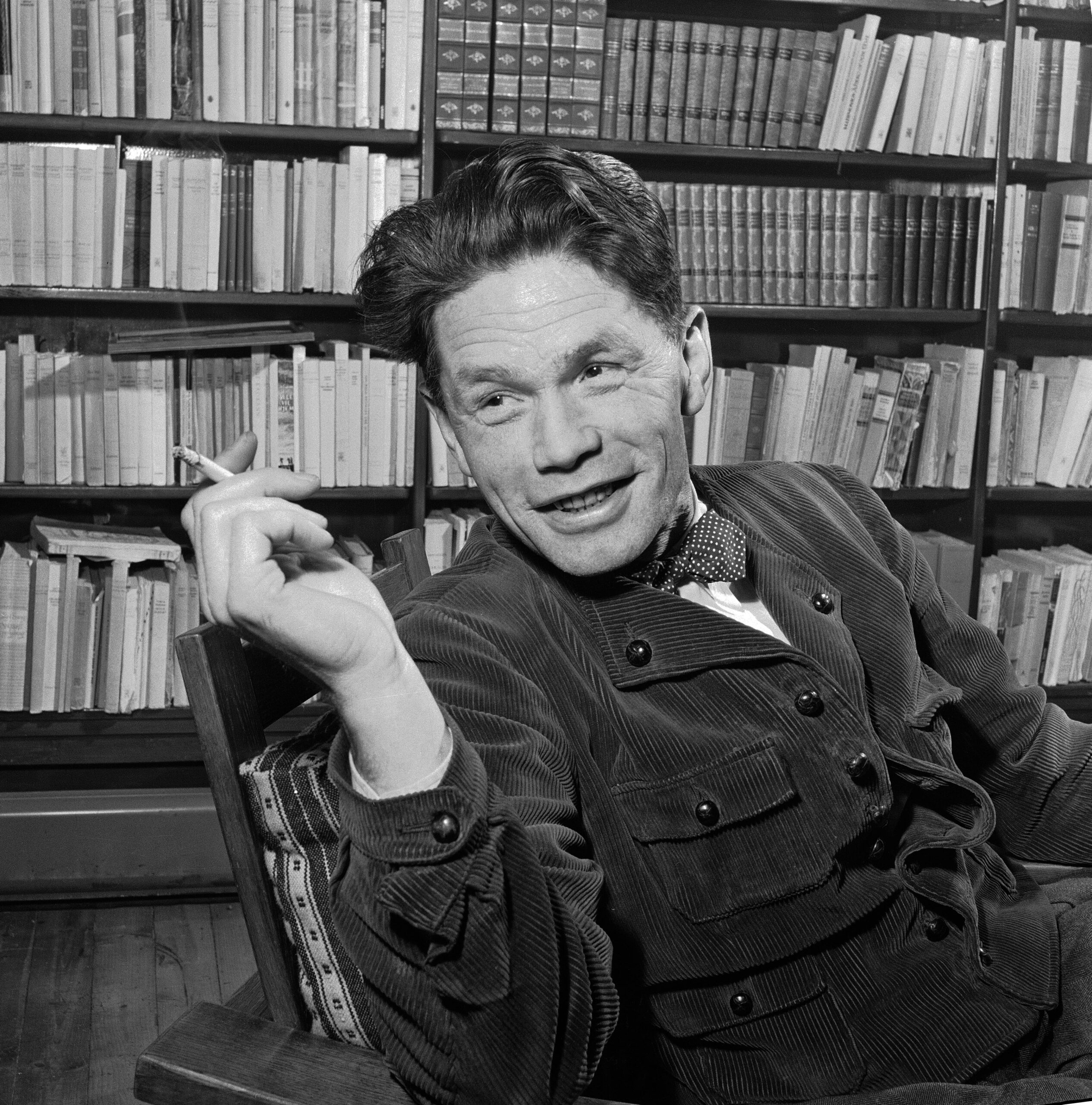(THIS ARTICLE IS MACHINE TRANSLATED by Google from Norwegian)
22. June, 1963.
We socialists are often assigned square opinions about the United States and American politics. Our opponents, both social democrats and bourgeois, would like to make people believe that we are generally "anti-American" (implied: and similarly pro-Russian), that in the United States we see nothing but black, capitalist reaction, imperialist warlifters, racial oppression and a culture of refrigerators, cars, lousy TV shows and even worse movies.
For some of our attackers there is an apologetic moment. For decades, they themselves have regarded the other of the world's two superpowers – the Soviet Union – as a massive and unchanging hell. And so they are short-circuiting that socialists must have a similar view of capitalism's powerful leadership nation.
The United States and the Soviet have it is in common that they are both something far different and more than nations in the old European sense. These are continents with a myriad of highly diverse people who will gather within the vast state federations, and at a time when these communities are undergoing an unprecedented technical transformation in history. Then it goes without saying that the development that is going on in every nation, regardless of social systems, often has to be characterized by a special tension with deep roots in the different conditions of the peoples groups. These days, the racial conflict in the United States is showing an explosive outbreak of such profound contradictions that it will take many generations to level and settle, even if the surface is calm again.
As little as the Soviet under communism, the United States under capitalism is a society that has found its final and unchanging form. Social wrestling takes a different form than in Europe, but there is also an ongoing struggle between the liberal and conservative forces in social life, with the takeover soon for one, soon for the other.
We see it as a major weakness of American democracy that it cannot rely on a political labor movement and that the trade union – which has almost become a hostage to the big finances – has not only stagnated, but declined in recent years. It is a sad fact that regular Americans have long been accustomed to despising politics as a "dirty business", leaving them with this dirty business to people who are filthy and not infrequent of it – to further compromise by political activity whatsoever. We have met more than one American union leader who shrugged, saying that only a new, major economic crisis could end the political inaction of the masses. All in all, this attitude poses perhaps the most serious danger to developments in the United States – as a permanent questioning of the government itself.
But these conditions have never caused us to overlook or underestimate the radical and liberal forces that exist and often have their strongest positions at universities and colleges. They were the ones who, with great personal sacrifice, waged the bravest fight against McCarthy in the 1950s and finally fought the worst of this plague, while President Eisenhower showed a pitiful indignation. The same liberal forces are what are repeatedly being pushed for a true people's government and for a foreign policy that can provide opportunities for relaxation instead of endless armor. It was the wisdom and tolerance of American liberalism Kennedy interpreted in his startling speech on June 10.
During the Cold War's protracted accident, propaganda not only painted the Soviet black, but the United States so white that many significant shades of color disappeared.
Of course there are warlifters in the United States – and plenty of racial hatred, enough of many kinds of intolerance, plenty of short-sightedness that makes the US leadership of the "free nations of the world" pretty problematic. But there is a counterweight that Kennedy can build on if he favors boldly, and the time is right for such a commitment both in the wartime war in the country and in foreign policy. Even we hope for this "other", the liberal United States, that it will be strong enough to implement equal human rights for all citizens of the country, while at the same time laying the groundwork for a serious and peaceful settlement of the East-West conflict. Crucial is the recognition that, despite all differences, the Soviet Union and the United States must exist side by side – whether the world should continue to exist at all.
We believe that The people of Europe could have helped the liberal forces in both the United States and the Soviet Union far more than has happened. During the Cold War's prolonged accident, propaganda not only painted the Soviet black, but the United States so white that many significant shades of color disappeared, damaging to a realistic assessment of conditions in the country and of American politics. Typical of this idealization has been that the racial conflict has been systematically underestimated, not least in the Norwegian press which looked and often could tell that the conflict was practically out of the world. An essential fact, such as the fact that even the northern states still have a very racial problem to solve, has almost never emerged. Everything was going to be fine with our great protector, we somehow couldn't afford criticism, and so did Norwegian politicians and press American liberalism in its struggle.
The same betrayal is practiced against the liberalization of the Russians as long as the assessment of the Soviet species is as unyielding and unrealistically black as it has been white when it came to the United States.
The column with important and still telling texts from the time of Ny Tids Orientering (1953-1975) edited by Line Fausko.


